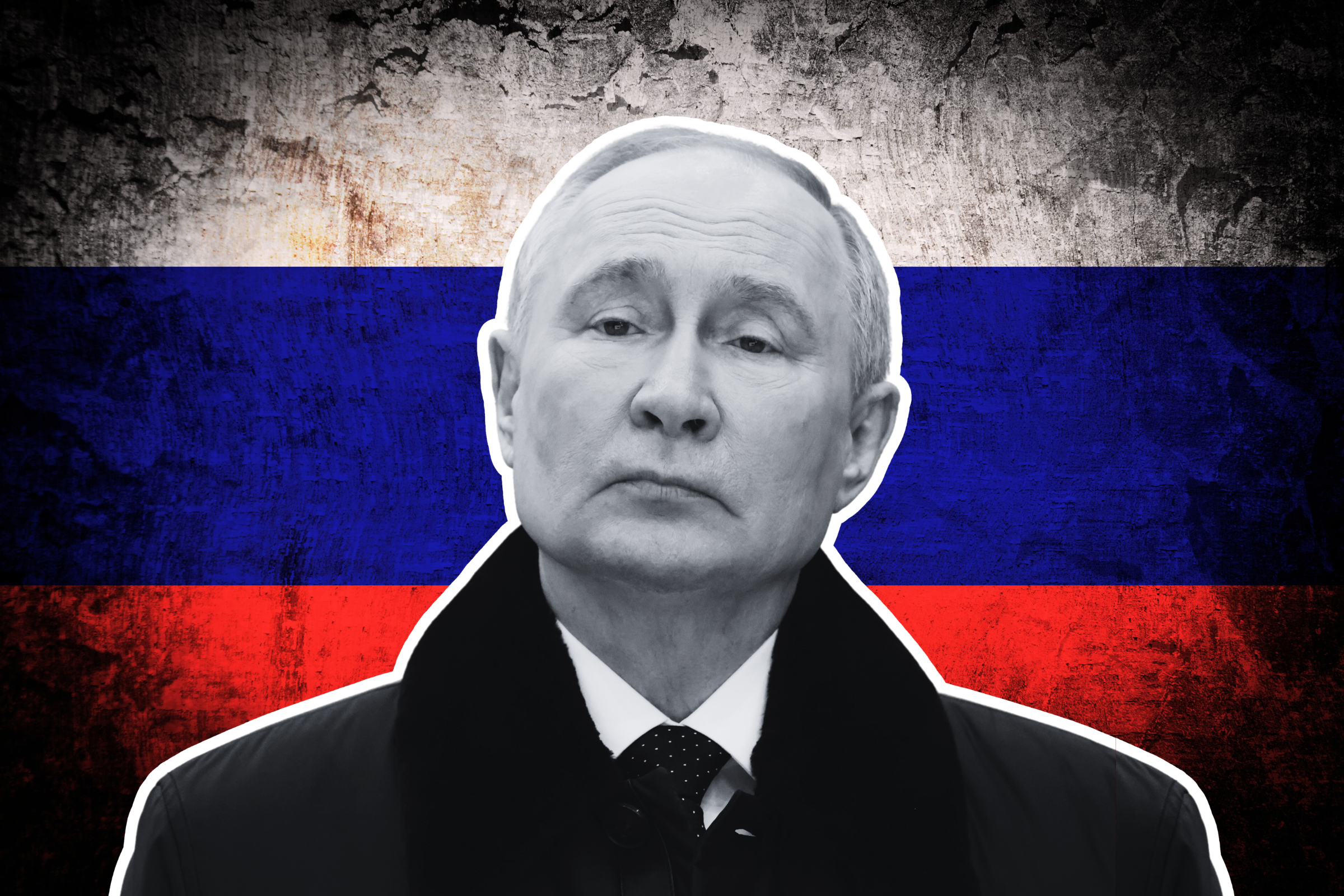
Russian President Vladimir Putin has declined Ukrainian President Volodymyr Zelensky’s invitation for direct peace talks in Istanbul, opting instead to send a delegation led by Kremlin aide Vladimir Medinsky. This decision underscores Moscow’s reluctance to engage in spontaneous negotiations without prior groundwork, a practice rooted in Soviet-era diplomatic protocols. Sources close to the Kremlin indicate that Putin does not view Zelensky as an equal counterpart and would only consider a meeting in the event of Ukraine’s “public capitulation.”
The Kremlin’s delay in announcing its delegation until the eve of the talks was a deliberate tactic to keep Kyiv and its allies uncertain, allowing for potential last-minute changes. This approach aligns with Russia’s preference for meticulously prepared high-level discussions, where appointed negotiators lay the groundwork before any presidential involvement.
Complicating matters is the involvement of U.S. President Donald Trump, who has been advocating for a ceasefire and hinted at attending the talks if Putin participated. This has placed additional pressure on the Kremlin, which has been in intensive communication with Washington to find a compromise that maintains diplomatic balance without offending Trump.
Furthermore, Moscow does not recognize Zelensky as a legitimate negotiating partner, citing the expiration of his term in 2024 and Ukraine’s inability to hold elections under martial law. Russian officials have stated that any peace agreement would need to be signed with a new Ukrainian president or the leadership of Ukraine’s parliament.
Despite these challenges, Zelensky remains open to direct talks and has proposed a 30-day ceasefire. However, Russia continues to reject such proposals, wary that they might benefit Ukraine militarily.
The upcoming talks in Istanbul, facilitated by Turkish President Recep Tayyip Erdoğan, carry significant weight amid rising tensions and ongoing violence. However, the absence of high-profile figures like Putin and Trump casts uncertainty on the potential for significant progress in the peace process.




















